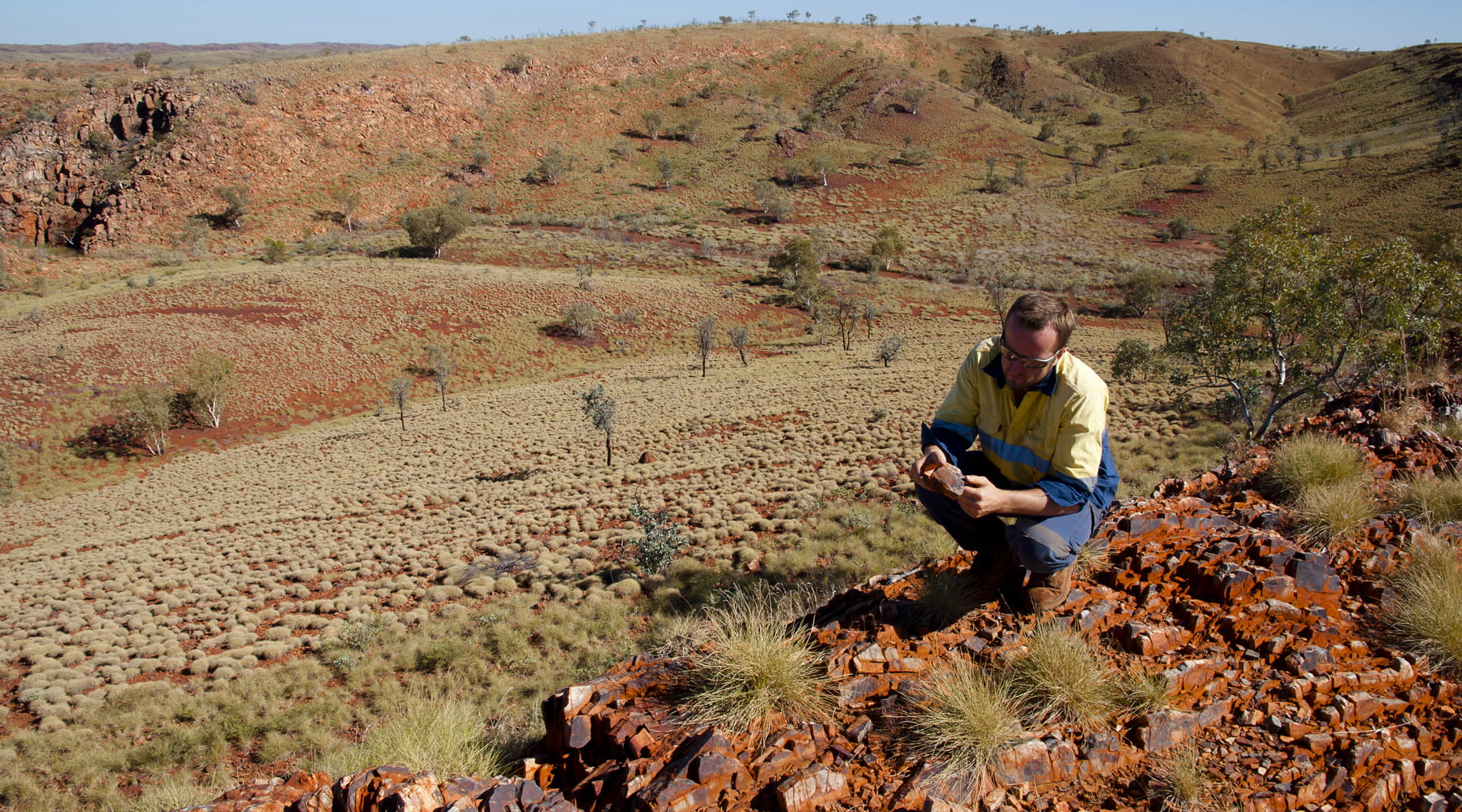This lack of understanding and choice has led to a shift in the industry, requiring it to better understand and proactively manage inherent and emerging geotechnical risks in a manner it has never done before.
The superior solution of choice is integrated teams: collaborative geotechnical specialists embedded within project teams. They help the overall project understand, manage and mitigate geotechnical risks before, during and after development, and throughout operations. An integrated geosciences offering can unlock significant project value through the realisation of a number of project benefits.
Understanding the value an integrated offering can bring
When a geotechnical team is embedded within a project team, apart from providing strong geotechnical services, the integrated team can work closely together in four other key areas that can affect project viability, schedule and budget.
Early identification and rapid decision making
An integrated team that includes civil, structural, marine and hydrological engineers, as well as geotechnical engineers, has the ability to quickly and easily share site observations and feedback. This enhances the quality and veracity of reliable opinions on the engineering impact of those observations. This collaborative approach can also identify emerging issues early, resulting in quick engagement and sound advice to developers. The ability to ‘integrate early’ and ‘collaborate and decide quickly’ can ensure project outcomes are maximized within the constrained timeframes of studies and development windows.
Forward visibility and future thinking
When a geotechnical engineer, familiar with working closely with their engineering peers, is embedded in the full lifecycle of a project, they have the ability to process data and understand how it will be used in the future. This enhanced project understanding allows them to customize elements of the field execution or engineering design, deriving maximum value from data collection activities. This also minimizes the risk that data is missed which can cause delays to future project development.
Reduced conservatism
A typical challenge for external geotechnical consultants is how to address the many unknowns when they are writing their reports. How will the data be used? By who? What is to be built? and how sensitive is that structure? In these instances, if you are an external consultant, your only choice is to be conservative in your thinking. But as internal partners, the ability to work with the project team to answer those questions gives the geotechnical specialist the detail they need to customize their recommendations accordingly. This in turn allows for improved and efficient optimization of engineering recommendations.
Errors and avoiding misunderstandings
On complex geotechnical sites, the translation of the often ‘big’ reports into a simpler format for use by a structural or civil engineer can result in error. There are many examples where misinterpretation has occurred. The ability to work through recommendations, always testing your understanding of written reports is vital to avoid errors. With an integrated geotechnical team, conversations to test and check information are easier and more frequent, and provide a safe guard to successfully deliver projects.
Unlocking benefits
To unlock the benefits of an integrated team, there are five actions and behaviors required to see real value.
Employing Experts
For complex geotechnical problems, testing your engineering calculations against the advice of an expert creates confidence and allows for design optimization.
Collaborative Culture
Success through integration can only be achieved when all stakeholders believe the embedded team delivers value to the project, and they engage positively with the geotechnical experts. Actions that lead to positive collaboration include:
- Involving the geotechnical specialist in client interactions
- Having face-to-face workshops to test solutions and understanding
- Scheduling activities and decision making together
- Collaborating on how the geotechnical advice will be used to improve the understanding of the ‘real problem’, so conservative assumptions can be removed
Client Engagement and Involvement
To get the most out of an integrated offering, engagement with client stakeholders is essential. Building client confidence and engaging them in the decision-making process - with regards to managing geotechnical risk - aids in client acceptance of the output, and helps gain acceptance of less conservative solutions.
Testing assumptions
Almost every geotechnical decision involves some element of non-precise engineering interpretation. The ability to make these decisions comes from experience and practice. Often there is opportunity to customize a generic interpretation to meet the needs of a specific challenge. This process builds progressively, starting from early data collection and runs through the full engineering design.
Recognising out of sequencing requirements
The conventional stages of project development on mega projects (Pre-FEED, FEED, Detailed Design, or FEL1, FEL2, FEL3,) are out of sequence with geotechnical requirements. Because data takes time to collect and interpret, and because site access can take time to arrange and get approved, you must be thinking one cycle ahead to get data collection right. For a geotechnical data collection activity, collecting FEED-level data during the Pre-FEED study, and Detailed Design data during the FEED study, is essential to prevent bottlenecks around geotechnical decisions. These activities are out of schedule and can consequently consume a large portion of time and budget in these initial study phases.
Proven success through integration
Having a geotechnical team integrated into the wider project team could not be more important; it is critical to delivering a project on time, on budget, and with a managed approach to geotechnical risk.
‘Geological mapping identified a fatal flaw on our preferred site. From here, we were able to react quickly, identifying and securing access to an alternate site before our competitors even had access to the knowledge.’ - LNG Developer, BC Canada
‘This was the first major capital dredging project in Pilbara Ports successfully completed without a geotechnical related claim.’ - Port Development, Western Australia
‘The geotechnical team understood the problem and the ultimate development needs, and used this knowledge to optimize the site development and foundation concept in FEED, realizing $300 million in value.’ - LNG Development, BC Canada
‘Pile installation began three days after the geotechnical drilling was complete, saving us many months of schedule.’ - Major resource rail project in northern Australia
‘The bitumen core technology was very unique and allowed rapid construction through the rainy season.’ - Foz do Chapeco Dam, Brazil.
The above examples demonstrate how in-house geotechnical specialists, working in collaboration with the engineering team, deliver value and significant savings to projects.
Closing comments
The integration of in-house geotechnical solutions into projects of all sizes has a proven record in creating value for energy and resource developers. By working consistently with the same in house geotechnical peers, the ability to get ‘better solutions more often’ can be greatly enhanced.
Advisian has over 200 geotechnical professionals in our business globally. Reach out today and introduce them to one of your projects.




